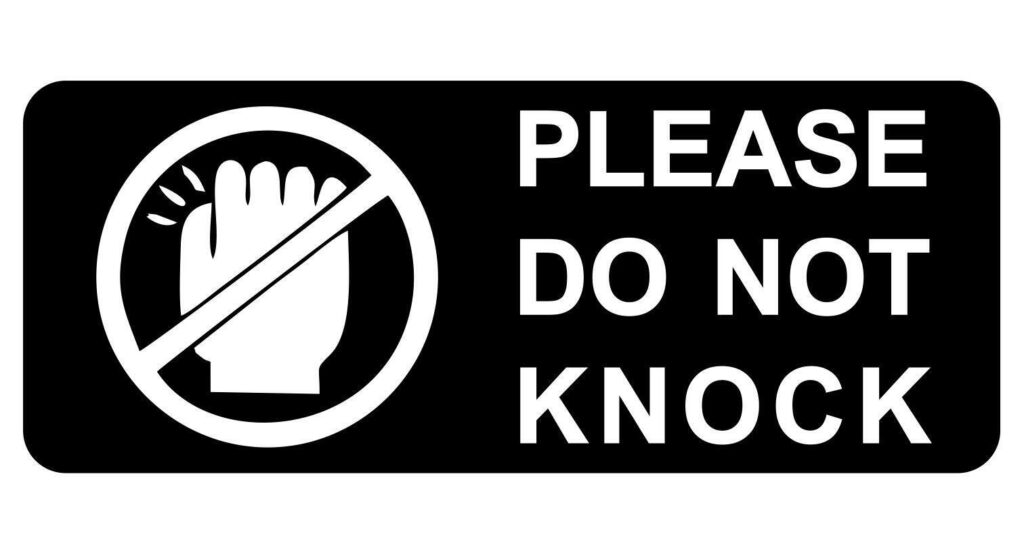
The Victorian Energy Upgrades (VEU) program has long been a cornerstone in driving energy efficiency across the state of Victoria, offering incentives for households and businesses to upgrade to more energy-efficient solutions. One of the traditional methods used to promote these upgrades has been door-to-door knocking, a strategy that has now seen its sunset with the recent ban under the VEU program.
Why Was Door Knocking Banned?
The decision to ban door knocking under the VEU program stems from multiple factors, primarily revolving around consumer protection and evolving market practices. Door knocking, while effective in reaching a broad audience, has faced growing criticism and challenges:
- Consumer Complaints: Over the years, there has been a notable increase in consumer complaints regarding door-to-door sales tactics. These complaints often highlight aggressive or misleading sales practices, causing distress and mistrust among consumers.
- Privacy Concerns: As societal norms evolve, there's a heightened sensitivity towards privacy. Many consumers now prefer not to be approached unsolicited at their homes, viewing such interactions as intrusive.
- Regulatory Scrutiny: Regulatory bodies have been placing stricter scrutiny on sales practices. The Australian Consumer Law (ACL) sets clear guidelines to protect consumers, and the door knocking ban aligns with these regulations to ensure fair and transparent business practices.
- Digital Transformation: The rise of digital marketing and online platforms has provided more efficient and less intrusive ways to reach potential customers. The shift towards digital engagement has made door knocking an outdated method in the eyes of many industry players.
Implications for Accredited Persons and Installers
For Accredited Persons (APs) and installers participating in the VEU program, this ban marks a significant shift in their marketing and sales strategies. The end of door knocking requires these entities to adapt to new methods of customer acquisition and engagement:
- Embracing Digital Marketing: Accredited Persons and installers must now pivot towards digital marketing strategies. This includes optimizing their online presence, engaging in social media marketing, and utilizing search engine advertising to reach potential customers.
- Building Stronger Relationships: Without the direct approach of door knocking, APs and installers will need to focus on building stronger relationships through customer service excellence and word-of-mouth referrals. Trust and reputation will become even more crucial in attracting new clients.
- Training and Compliance: Ensuring compliance with the new regulations is paramount. APs and installers should invest in training programs to familiarize their teams with the latest compliance requirements and effective digital marketing practices.
Consumer Benefits
The ban on door knocking under the VEU program brings several benefits to consumers:
- Reduced Intrusion: Consumers can enjoy greater privacy and fewer unsolicited interruptions at their homes. This aligns with the broader trend of respecting personal boundaries and privacy.
- Enhanced Trust: With the shift away from aggressive door-to-door sales tactics, consumers can have more confidence in the energy efficiency offers they receive through regulated and transparent channels.
- Better Information: Digital platforms often provide more comprehensive information, allowing consumers to make well-informed decisions about energy efficiency upgrades at their own pace.
